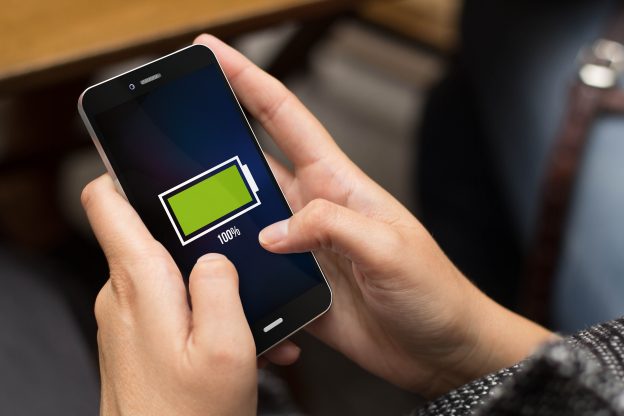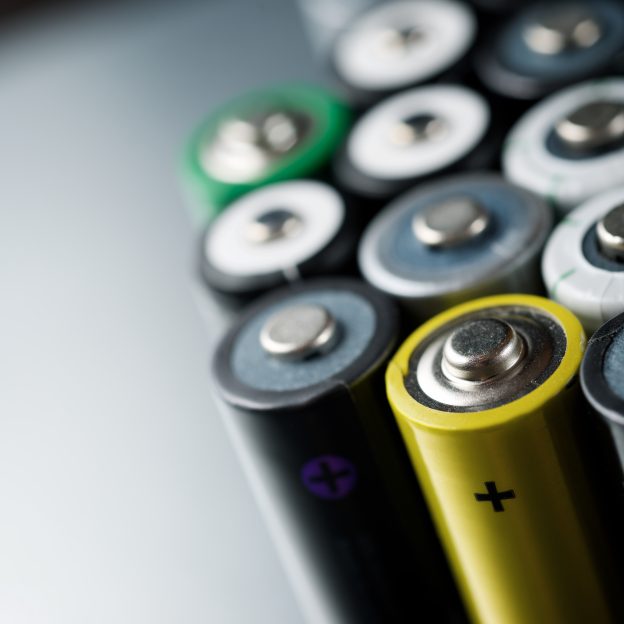
After 30 years of developing hydrogen fuel cell technology, Toyota has achieved a significant milestone by obtaining Zero Emission Powertrain (ZEP) certification in California for its heavy-duty powertrain system. This certification ensures the company’s eligibility to sell hydrogen fuel cell trucks in the state.
While hydrogen fuel cell technology may lack competitiveness for small vehicles, it holds potential for larger transport vehicles, as evidenced by Toyota’s successful acquisition of ZEP certification from the California Air Resources Board (CARB) for Class 8 heavy-duty commercial trucks.
All new vehicles sold in California after 2035 must obtain ZEP certification. Toyota’s system, which includes hydrogen fuel tanks, fuel cells, primary batteries, drive motors, and transmission systems, can be retrofitted to existing diesel trucks for continued sales.
Toyota began developing hydrogen fuel cell vehicles 30 years ago. In 2017—before Tesla’s Model 3 had even been delivered—the company launched a project to obtain ZEP certification. It took five years and 220,000 km between two Toyota hydrogen experimental trucks to obtain the certification.
Additionally, Toyota has collaborated with Kenworth and California port authorities to convert ten Kenworth T680 heavy-duty trucks to hydrogen fuel cell power. These trucks transport large quantities of goods between the ports of Los Angeles, Long Beach, and the Los Angeles Basin and help achieve zero-emission logistics.
After obtaining ZEP certification, Toyota plans to provide hydrogen fuel cell power conversion solutions for existing vehicle models at its Kentucky factory this year. However, no announcements have been made regarding automakers or logistics companies expressing interest in collaboration.

▲ Map of Hydrogen Stations in North America (Source: US Department of Energy)
Hydrogen fuel cell trucks have two advantages when compared to pure electric heavy-duty trucks: First, hydrogen fuel is much lighter than batteries, allowing trucks to carry more cargo or consume less power under the same driving conditions. Second, refueling with hydrogen is much faster; according to Toyota, it takes only five minutes to fill up, ensuring truck drivers won’t have to stop for too long.
However, the main challenge for hydrogen vehicles remains the infrastructure, which includes hydrogen sources, transportation methods, storage, and equipment costs—all of which currently lack ideal solutions. Even Toyota’s hydrogen stations in Japan rely on a partnership with ENEOS gas stations, with only 162 stations built across the country. In the vast region of Australia, there is only one station. According to the US Department of Energy’s Alternative Fuels Data Center (AFDC), there are currently 65 hydrogen stations in North America, all concentrated in California.
Large-scale construction of hydrogen refueling stations remains difficult even as Toyota invests hundreds of millions of dollars. It would be even more challenging for logistics companies to fund such projects themselves. Until these obstacles are overcome, the widespread adoption of hydrogen fuel cell trucks will face significant challenges.
(Image Source: Toyota)







